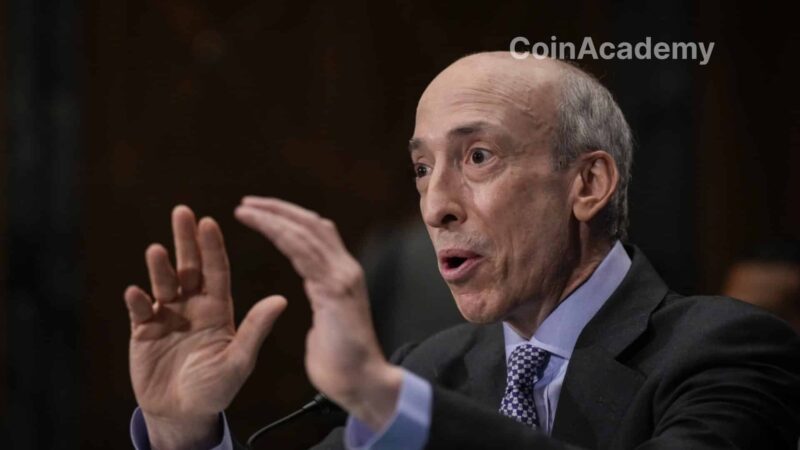Pavel Durov, founder of Telegram, has been arrested in France and accused of complicity in illegal activities on the platform, including money laundering and the dissemination of child pornography.
Although Durov was released after a short detention, he is set to appear in court on Wednesday to answer these serious charges.
This case raises crucial questions about the responsibility of digital platforms and their role in balancing public security and the protection of individual liberties.
Context of the Arrest
The arrest of Durov, while he was in transit, caught the global tech community by surprise. Durov, known for his commitment to freedom of expression, was detained as part of an ongoing investigation into crimes that were allegedly planned or disseminated via Telegram. The charges include running a platform facilitating illicit transactions and distributing exploitative content involving children, as well as refusing to provide documents to authorities in ongoing investigations.
After a brief period of detention, Pavel Durov has been released pending his court appearance. This release caused confusion in the media and markets, with some falsely believing that all charges had been dropped. In reality, it was a procedural step before his presentation to the court.
The news still sparked activity in the crypto world: the price of TON rose 8% in just a few minutes.
Accusations against Pavel Durov
According to a statement from French authorities, Durov is accused of complicity in the management of an online platform facilitating illegal transactions, refusal to cooperate with the police by providing necessary documents for investigations, and the dissemination of illegal content, including child pornography. One of the most serious accusations is based on the use of encryption services within Telegram without the necessary controls to prevent abuse.
These accusations pose a major challenge for Telegram, which positions itself as a stronghold of privacy and freedom of expression in an increasingly surveilled world. Pavel Durov, who has often been praised for his resistance to censorship, now faces criticism regarding the potential consequences of this resistance.
Telegram and the Responsibility of Platforms
In a statement issued after Durov’s arrest, Telegram defended its practices, claiming to comply with European Union laws and industry standards. The company deemed the idea that a platform or its owner could be held responsible for the abuses committed by its users as absurd.
However, this case raises a crucial question: how far should the responsibility of digital platforms extend? Can the protection of privacy and freedom of expression, fundamental values for Telegram, justify a lack of cooperation with authorities when serious crimes are at stake?
A Pivotal Court Appearance
As Durov prepares to appear in French court on Wednesday, the world is watching closely. The outcome of this case could not only affect the future of Telegram but also have profound repercussions on how governments and digital platforms manage the delicate balance between public security and the protection of individual liberties.
Pavel Durov’s court appearance could be a decisive moment, not only for him personally but also for the future of technology platforms as a whole. As the tech industry grapples with questions of regulation and responsibility, the Durov case could draw new lines in the sand.




